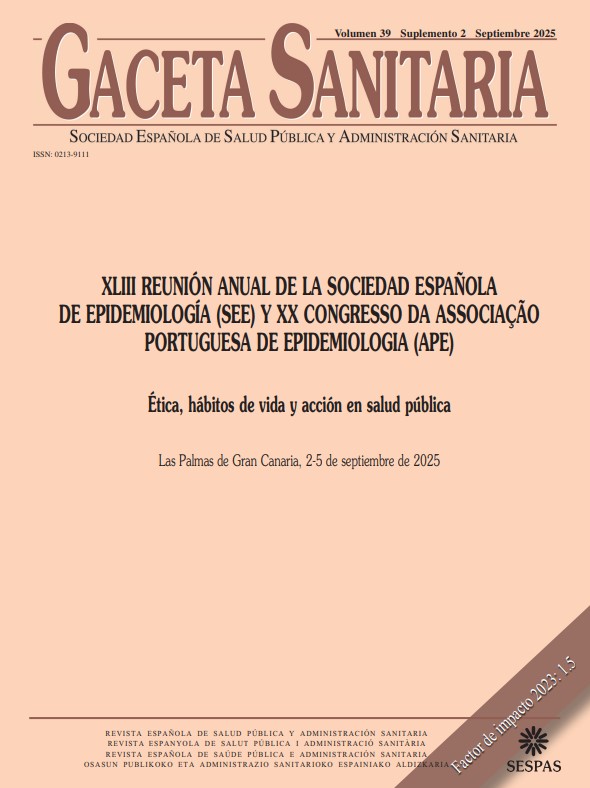408 - ASSOCIATION OF ADHERENCE TO MEDITERRANEAN DIET AND CHANGES OVER TIME WITH ALL-CAUSE MORTALITY IN OLDER ADULTS: THE SENIORS-ENRICA COHORTS
Department of Preventive Medicine and Public Health, School of Medicine, Universidad Autónoma de Madrid; CIBERESP; IMDEA Food, CEI UAM+CSIC; Harvard T.H. Chan School of Public Health.
Background/Objectives: Despite the well-recognized nutritional quality and health benefits of the Mediterranean diet (MD), its adherence appears to be declining. However, the magnitude of this decline and its relationship with mortality in older population remains unclear. To analyse the associations between adherence to MD and its changes over time with all-cause mortality in older adults.
Methods: We included data from 6,083 older adults, aged 60-96 years at baseline, participating in the Seniors-ENRICA-1 and 2 cohorts. Adherence to MD was assessed by the 14-item Mediterranean Diet Adherence Screener (MEDAS) and classified as low (< 7 points), moderate (7-8 points), and high (#1 9 points). Participants from Seniors-ENRICA-2 were excluded from longitudinal analyses due to the lack of comparative data on changes in MEDAS between cohorts. All-cause mortality was ascertained up to January 31, 2024. Analyses were performed using Cox regression models adjusted for main confounders.
Results: At baseline, participants had a mean MEDAS score of 7.2 (SD 1.7), with 31.6%, 44.1% and 24.3% classified as low, moderate, and high adherence to MD, respectively. At wave 1, after a median follow-up of 3.1 years (IQR: 2.9 - 3.7), the mean MEDAS score was 7.5 (SD 1.6) and participants were classified as low (28.2%), moderate (44.4%) and high (27.4%) adherence to MD.The median (interquartile range, IQR) mortality follow-up was 7.9 (7.2–14.7) years for analyses on the association between baseline MD and mortality (n = 6,083) and 11.6 (11.2–11.8) years for longitudinal analyses (n = 2,070), respectively. An association with lower mortality was found for both baseline MEDAS (per 1-point: hazard ratio [HR] = 0.92; 95% confidence interval [CI] = 0.89-0.95) and changes in MEDAS between baseline and wave 1 (per 1-point increase: HR = 0.91; 95%CI = 0.86-0.97). Also, moderate (HR = 0.87; 95%CI = 0.77-0.99) and high (HR = 0.70; 95%CI 0.59-0.82) adherence to MD at baseline were associated with lower mortality, compared to low adherence. In addition, those who maintained high adherence to MD in both examinations (baseline and wave 1) had the lowest mortality compared to those with consistently low adherence (HR = 0.54; 95%CI = 0.38-0.76). Baseline and maintained adherence to recommendations on carbonated sweetened beverages, fish/seafood, commercial pastry, and nuts were associated with lower mortality.
Conclusions/Recommendations: Baseline adherence to MD, as well as subsequent maintained or increased MD adherence, is associated with lower all-cause mortality in older adults.















